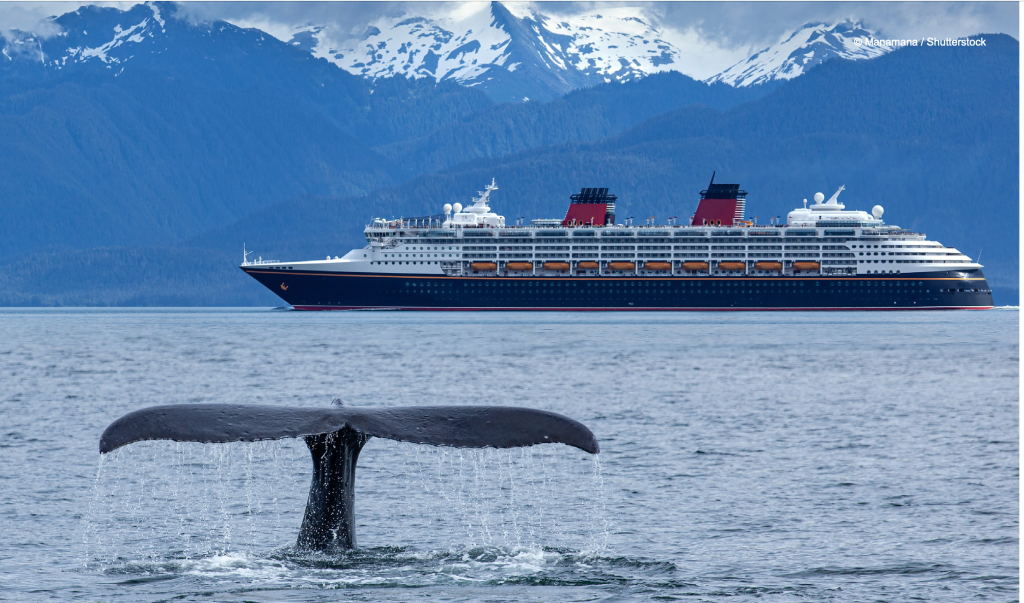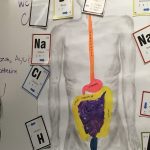147 Billion Litres of waste is being dumped into Canadian Coastal Waters – Why?
US cruise ships using Canada as a ‘toilet bowl’ for polluted waste
The waters surrounding British Columbia’s Vancouver Island are home to northern and southern resident killer whales (RKWs), which are listed as threatened and endangered, respectively.
This analysis estimates the amount and location of heavy fuel oil (HFO) carriage, HFO use, and exhaust gas cleaning system (scrubber) washwater discharge from ships operating off the coast of British Columbia in three scenarios: ships fitted with scrubbers as of 2017, ships predicted to be fitted with scrubbers by 2020, and an extreme scenario where nearly all HFO-capable ships use scrubbers.
These results were overlaid with the locations of RKW critical habitats to illustrate where washwater discharge could impact these threatened and critically endangered species.
The analysis found:
In 2017, 30 scrubber-equipped ships emitted nearly 35 million tonnes of scrubber washwater. Cruise ships were responsible for 90% of these discharges.
Approximately 10% of scrubber washwater discharges occurred within RKW critical habitats, even though these locales represent only 0.6% of the study area.
Nearly 90% of all HFO carried in the study area passes through RKW critical habitats.
Carriage of HFO is expected to fall nearly 90% from 2017 to 2020 due to the IMO’s 2020 fuel sulfur regulation.
However, HFO use and scrubber washwater discharges are expected to grow by 35% as more ships, particularly container ships, bulk carriers, and roll-on/roll off ferries, begin to use scrubbers.
Cruise ships will account for two-thirds of HFO use and washwater discharges in 2020 despite the exponential growth in scrubber use in other ship types.
This entry was posted in
Uncategorized. Bookmark the
permalink.




